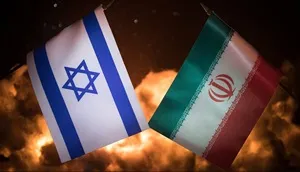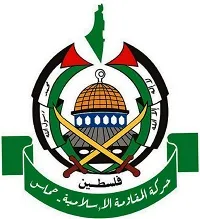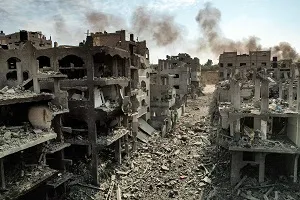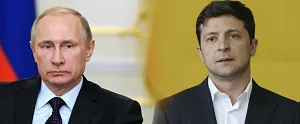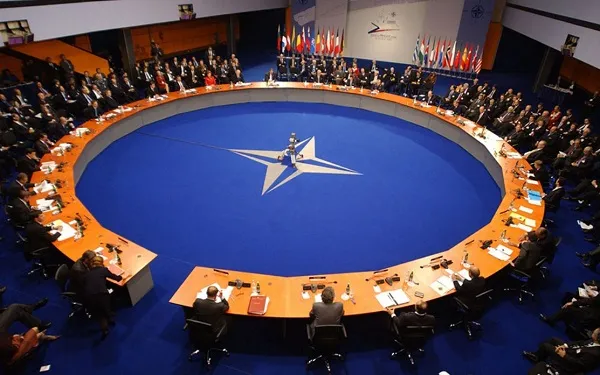
Europe was left in ruins after World War II, both economically and politically. After the war, Europe was split between the Western bloc led by the United States and its Western allies and the Eastern bloc led by the Soviet Union and its Eastern European satellite states. The stakes were high, and a new major conflict seemed likely. The formation of NATO was largely motivated by the need to deter aggression from the Soviet Union and its allies. The member states understood the importance of showing solidarity in the face of potential aggression and made it clear that an attack on any one member would be treated as an attack on all, prompting the implementation of collective defense measures. As stated in Article 5 of its founding document, NATO was established on the principle of collective security. An armed attack on any member is considered an attack on all members, as stated in this article. The purpose of this pledge of collective defense was to deter the Soviet Union and other potential aggressors from taking any action that could lead to conflict. The North Atlantic Treaty Organization was instrumental in the continent's recovery. As a major NATO member, the United States helped its war-torn European allies recover economically and militarily through programs like the Marshall Plan. This aid was instrumental in reviving European economies and fortifying European militaries. Europe was able to weather the Cold War with more peace and security thanks to NATO's presence and commitment to collective defense. The existence of a military alliance committed to the defense of its members provided some assurance and predictability, despite the fact that tensions remained high. NATO's mandate has grown over time to incorporate the countering of evolving security threats like terrorism, cybercrime, and regional instability. It has participated in a wide variety of humanitarian and peacekeeping missions around the globe.
|
|
|
